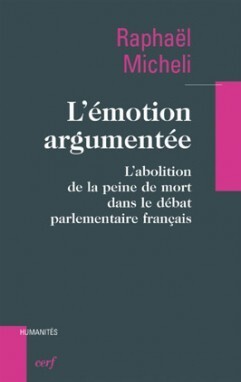

Référence:

Expédié sous 24h à 48h.

Pour les particuliers, merci de commander sur www.vg-librairies.fr
